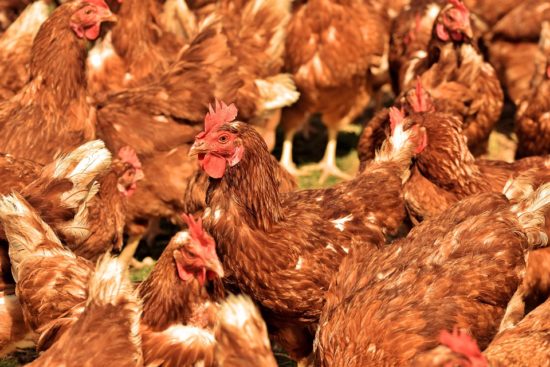Antimicrobial resistance focus at Broiler Feed QC
At the Asian Agribiz Broiler Feed Quality Conference 2019 in Jakarta, Indonesia yesterday, a special session discussed antimicrobial resistance (AMR). Here are some of the takeaways from this session:
How many AMR deaths will it take before we act?
At least 700,000 deaths worldwide are caused by drug-resistant bacteria each year, slashing about USD 100 trillion from the combined GDP and an additional USD 210 trillion from secondary effects, according to the United Nations’ Interagency Coordination Group on Antimicrobial Resistance. This could rise to 10 million deaths per year by 2050, if business continues as usual. Widjaja Lukito, former Special Advisor to Indonesia’s Minister of Health, said in 2014, Indonesia alone had 130,000 AMR-related deaths, making it the fourth-ranked country with the most significant risk of an AMR outbreak. So, “how many deaths do we need before the nation takes serious action?” Dr Lukito stressed.
AMR genes endanger Indonesia’s food chains
AMR genes like Mobilized Colistin Resistance-1 (MCR-1) among livestock and fisheries are endangering the domestic food chains. Dr Lukito said a research from Bogor Agricultural University this year found that the MCR-1 gene in E coli bacteria has permeated Indonesia’s food chains, particularly in poultry and in traditional markets. Further, “the MCR-1 gene in almost 90% of E coli isolates showed resistance to colistin, one of the last-resort antibiotics, in the entire supply chain of broiler meat in West Java province, one of the biggest poultry producers in Indonesia,” he said. “This scientific evidence of growing antimicrobial resistance should prompt the government to act.”
Indonesia must come up with enforceable AMR action plan
According to Dr Lukito, Indonesia has made several attempts to tackle AMR, but it may face complex challenges, including profit motives. “Although the National Action Plan on AMR of 2017-2019 stipulates key actions such as increasing awareness and knowledge of AMR and rationalizing the use of antibiotics, it lacks enforcement. Therefore, a national emergency approach is required with the involvement of all relevant ministries, scientists and key stakeholders, such as food producers and consumer groups, as stipulated in the National Action Plan. Indonesia must come up with effective tangible actions that are realistic and implementable,” he explained.
AMR NEWS
Every two weeks in your inbox
Because there should be one newsletter that brings together all One Health news related to antimicrobial resistance: AMR NEWS!





